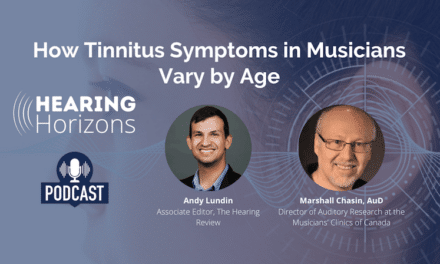Detroit — The National Science Foundation (NSF) has awarded Wayne State University researchers a $330,000 grant to develop a 3-D neural probe, which may ultimately lead to developing a novel implantable device designed to suppress tinnitus.
The Wayne State team’s 3-D neural probe is intended to simplify the fabrication and as
If successfully developed, the probe will enable the integration of micro-channels for neurotransmitter-based chemical stimulation and the local delivery of various drugs for biocompatibility improvement.
Lead researcher Yong Xu, PhD, (pictured right) associate professor of electrical and computer engineering, commented in the press release, “It is very advantageous to integrate micro-channels that enable neurotransmitter-based chemical stimulation and local drug delivery to reduce or suppress tissue response, one of the major obstacles for successful chronic implantation. Currently, there is no good method of making 3-D array of electrodes, let alone the integration of micro-channels with 3-D arrays of electrodes.”
Naturalistic chemical stimulation using integrated micro-channels could address some of the issues concerning pure electrical stimulation of neural probes, such as poor spatial resolution, degradation of metal electrodes, and water hydrolysis due to the large stimulation currents and charges required to depolarize the neuron cells. In addition, the fabrication process is post-complementary metal–oxide–semiconductor (CMOS) compatible, which will allow the monolithic integration of CMOS circuits with neural probes using an economical post-CMOS process.

Currently, there is no reliable treatment for tinnitus. Recent clinical studies have shown that stimulation of the auditory cortex through transcranial magnetic stimulation or direct electrical stimulation has acute or longer-lasting suppressive effects, providing new hope in finding an effective and reliable therapy.
Researcher Jinsheng Zhang, PhD (pictured left), associate professor and associate research director of otolaryngology, associate professor of communication sciences and disorders, added, "Our recent work has shown that electrical stimulation is a promising method to suppress tinnitus. Once we better understand the mechanisms underlying electrical and chemical stimulation-induced suppression, we will be fully focused on advancing the engineering fabrication to create a minimally or even non-invasive medical device for diagnosis and treatment."
SOURCE: Wayne State University




